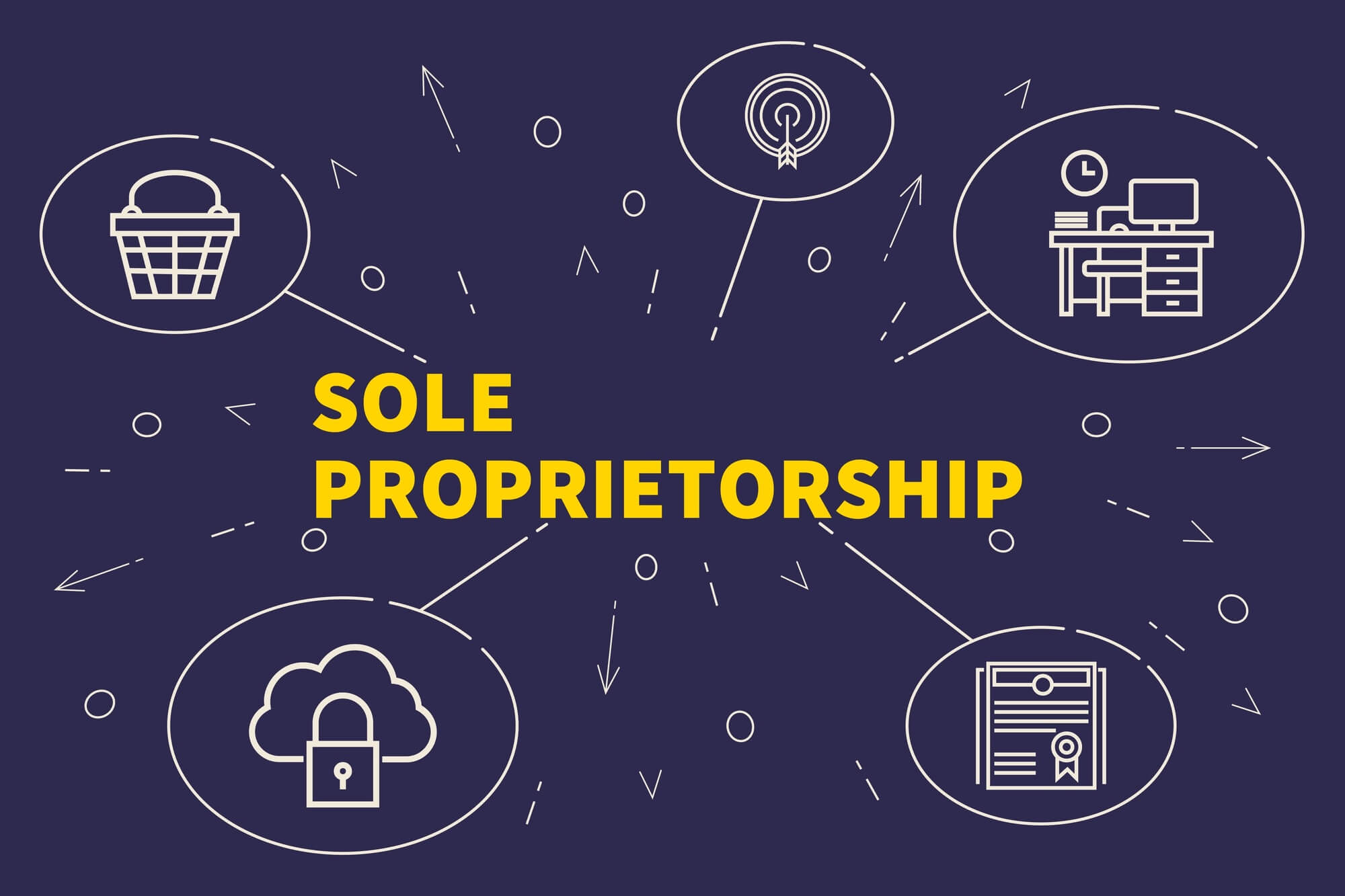Securing funding is a pivotal moment for any startup, as it provides the necessary resources to fuel growth and innovation. However, the journey doesn't end there. In this blog post, we will delve into the multifaceted aspects of what happens after a startup gets funding, exploring the strategic decisions, operational changes, and growth opportunities that arise.
- Scaling Operations:
With funding in hand, startups can now focus on scaling their operations. This involves expanding their team, investing in infrastructure, and optimizing processes to accommodate increased demand. Hiring top talent becomes a priority, as the right team can drive innovation and accelerate growth. Startups may also invest in technology upgrades and automation to streamline operations and improve efficiency. - Product Development and Innovation:
Funding empowers startups to invest in research and development, enabling them to enhance existing products or create new ones. With a larger budget, startups can conduct market research, gather customer feedback, and iterate their offerings accordingly. This iterative process fosters innovation, ensuring that the startup's products or services remain competitive and aligned with market demands. - Market Expansion:
Funding provides startups with the means to expand their market reach. This can involve entering new geographical regions, targeting different customer segments, or diversifying product offerings. Startups may invest in marketing campaigns, partnerships, and distribution channels to increase brand visibility and capture a larger market share. Strategic alliances and collaborations with established industry players can also facilitate market expansion. - Building Strategic Partnerships:
Securing funding often attracts the attention of potential strategic partners. These partnerships can provide startups with access to valuable resources, expertise, and distribution networks. Collaborating with established companies or industry experts can open doors to new opportunities, enhance credibility, and accelerate growth. Startups should carefully evaluate potential partners to ensure alignment of goals and values. - Continuous Investor Relations:
After securing funding, startups must maintain strong relationships with their investors. Regular communication, progress updates, and transparency are crucial to foster trust and ensure ongoing support. Startups should provide detailed reports on financial performance, milestones achieved, and future plans. By keeping investors informed and engaged, startups can potentially secure follow-on funding rounds and attract additional investors. - Navigating Challenges:
While funding brings opportunities, startups must also navigate challenges that arise along the way. Rapid growth can strain resources, necessitating careful financial management. Startups must remain agile and adaptable, continuously reassessing strategies and adjusting course when needed. It is essential to maintain a strong company culture and prioritize employee well-being to retain top talent during periods of intense growth.
Conclusion:
Securing funding is a significant milestone for startups, but it is only the beginning of an exciting and challenging journey. Scaling operations, investing in product development, expanding into new markets, building strategic partnerships, and maintaining investor relations are all crucial steps in the post-funding phase. By navigating these intricacies with strategic foresight and adaptability, startups can position themselves for long-term success in the dynamic business landscape.


